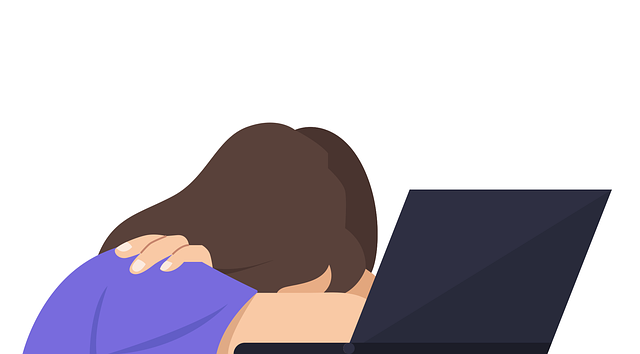Families affected by Heartland Behavioral Health abuse can support survivors' healing through understanding their unique experiences, providing safe spaces, and accessing a comprehensive network of resources. This includes non-profit aid, legal advocacy, financial assistance, and professional therapy. Setting boundaries, open communication, support groups, and utilizing specialized resources empower families to help victims reclaim their lives and find future support for mental health recovery.
Many families in the Midwest are still reeling from the aftermath of Heartland Behavioral Health’s abusive practices, which left victims traumatized and their loved ones searching for answers. This resource guide offers crucial support and guidance for those affected by Heartland Behavioral Health Abuse Victims. We break down available services, provide insights on understanding victim experiences, and offer actionable next steps to navigate the healing process. If you or a family member is recovering from this traumatic event, these resources can be instrumental in your journey towards justice and healing.
- Understanding Heartland Behavioral Health Abuse Victims
- Available Support and Resources for Families
- Next Steps: Navigating the Healing Process
Understanding Heartland Behavioral Health Abuse Victims

Understanding Heartland Behavioral Health Abuse Victims is a critical first step for families seeking support. The experiences of those affected by abuse within such institutions can be complex and varied, often involving emotional, psychological, and sometimes physical trauma. Many survivors of Heartland Behavioral Health facilities may have faced severe forms of discipline, neglect, or manipulation, which can lead to long-lasting effects on their mental health and overall well-being.
Families play a vital role in assisting victims by providing a safe space for them to share their stories and process their experiences. This process requires patience, empathy, and access to appropriate resources. By recognizing the unique challenges faced by Heartland Behavioral Health Abuse Victims, families can actively contribute to their healing journey, helping them to reclaim their lives and find the support they need to thrive in the future.
Available Support and Resources for Families

Families of Heartland Behavioral Health abuse victims have access to a range of support and resources tailored to help them navigate this challenging time. Many non-profit organizations, government agencies, and community groups offer specialized services aimed at providing emotional support, legal aid, financial assistance, and referrals to quality healthcare providers. These resources are designed to not only assist survivors but also their loved ones in understanding the complexities of abuse and its aftermath.
Local support groups led by trained professionals create safe spaces for families to share experiences, gain insights, and offer one another comfort. Additionally, legal aid organizations specialize in advocating for victims’ rights, helping them navigate complex legal systems and seek justice. Financial assistance programs can provide much-needed relief from economic burdens, enabling families to focus on their healing journey. These resources collectively empower Heartland survivors’ families to rebuild their lives with resilience and dignity.
Next Steps: Navigating the Healing Process

For families supporting Heartland Behavioral Health abuse victims, understanding and navigating the subsequent healing process is a crucial step. The initial phase involves seeking professional guidance from therapists or counselors specialized in trauma care. These experts can help individuals process their experiences, manage emotions, and develop coping strategies tailored to their unique needs. Many survivors and their families find comfort in joining support groups where they can share stories, exchange resources, and build a sense of community.
Additionally, creating a safe and nurturing environment at home is essential. This may include setting boundaries, establishing routines, and incorporating activities that foster emotional well-being. Encouraging open communication within the family unit allows everyone to express their feelings honestly. Resources like hotlines, online forums, and educational materials specifically designed for Heartland Behavioral Health abuse victims can further assist families in their healing journey.
For families affected by Heartland Behavioral Health Abuse Victims, there is a path to healing. By understanding the experiences of those who have survived and leveraging available resources, families can navigate the complex journey towards recovery. The support networks and next steps outlined in this article serve as valuable tools, ensuring that no one faces this challenge alone. Remember, seeking help is a courageous first step; with dedication and access to the right resources, healing and growth are achievable.
